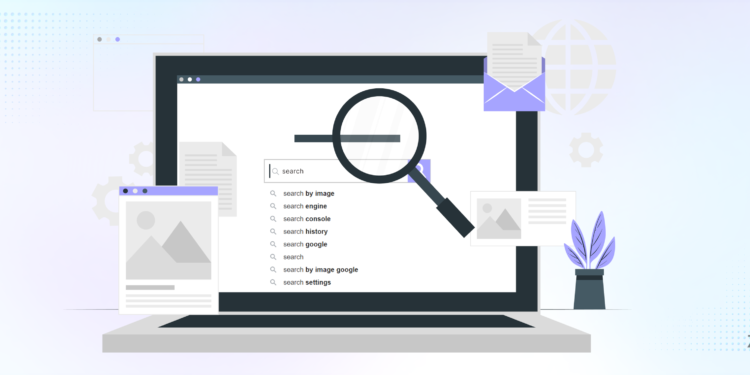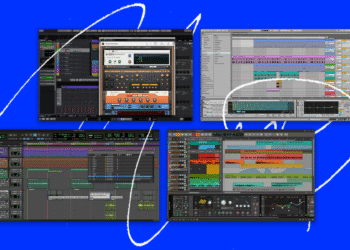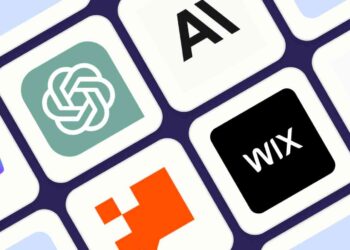Creating high-performing content isn’t just about writing
It’s about understanding what works, why it works, and how to optimize it for better results. That’s where AI-powered content analysis and strategy come in. AI helps marketers, bloggers, and businesses analyze data, identify trends, optimize content for SEO, and predict audience behavior.
Instead of guessing what will perform well, AI provides data-driven insights to guide your content strategy and maximize engagement.
Key Takeaway:
AI enables smarter, faster, and more data-driven content decisions by analyzing engagement metrics, SEO rankings, competitor strategies, and audience behavior. Businesses that leverage AI for content strategy can create more relevant, high-impact content that drives traffic, conversions, and brand authority.
1. AI-Powered Content Analysis: Understanding What Works and What Doesn’t
Content analysis is the foundation of a strong content strategy. AI can process massive amounts of data in real time to determine which content resonates with your audience.
How AI Analyzes Content Performance:
- Tracks engagement metrics (time on page, bounce rates, social shares).
- Identifies high-performing topics based on audience interactions.
- Analyzes sentiment to understand how users feel about your content.
- Detects content gaps to find opportunities for new topics.
Best AI Tools for Content Analysis:
- Google Analytics 4 – AI-powered insights into content engagement and traffic sources.
- BuzzSumo – Identifies trending content and most-shared topics in your niche.
- Crimson Hexagon – AI-driven sentiment analysis for social media and blogs.
💡 Example: AI-driven sentiment analysis can reveal whether your blog post resonates positively or if users feel disconnected from your messaging.
2. AI for SEO Optimization: Making Your Content More Discoverable
SEO is critical for content success, and AI can help you rank higher by optimizing keywords, structure, and readability.
How AI Enhances SEO Strategy:
- Suggests high-ranking keywords based on competitor research.
- Analyzes search intent to optimize content for featured snippets.
- Provides real-time SEO scoring to improve content readability and structure.
Best AI SEO Tools:
- SurferSEO – AI-driven SEO optimization with keyword and content analysis.
- Clearscope – AI-powered keyword and topic recommendations.
- MarketMuse – AI content optimization based on competitor analysis.
💡 Example: AI-powered tools like SurferSEO can analyze top-ranking articles and provide recommendations to make your content more competitive in search results.
3. AI for Competitor Analysis: Learning from the Best
Understanding what your competitors are doing helps refine your content strategy. AI can track competitors’ content performance, keywords, and engagement metrics.
How AI Helps with Competitor Analysis:
- Identifies top-performing competitor content and why it’s successful.
- Analyzes backlink strategies to improve your domain authority.
- Finds gaps in competitor content where you can create better resources.
Best AI Tools for Competitor Research:
- SEMrush – AI-driven competitor keyword and backlink tracking.
- Ahrefs – Advanced AI-powered site and content analysis.
- SpyFu – AI tool for analyzing competitor search marketing strategies.
💡 Example: AI can show which topics competitors are ranking for but you aren’t—helping you create new content that fills those gaps.
4. AI-Generated Content Insights: Predicting What Will Perform Well
AI can forecast trends and content performance before you even hit publish.
How AI Predicts Content Success:
- Analyzes historical data to predict engagement levels.
- Identifies trending topics before they peak.
- Uses machine learning to refine strategy based on past performance.
Best AI Predictive Analytics Tools:
- Crimson Hexagon – Predicts content trends using AI-driven social insights.
- Pathmatics – AI-driven content forecasting for marketing campaigns.
- Trendspottr – AI that identifies rising content trends before they go viral.
💡 Example: AI can predict which blog topics will be trending next month, so you can publish ahead of the competition.
5. AI for Content Personalization: Delivering the Right Message to the Right Audience
One-size-fits-all content no longer works. AI allows you to personalize content based on user behavior, interests, and preferences.
How AI Personalizes Content Strategy:
- Adjusts website content dynamically for different visitor segments.
- Recommends personalized blog posts and resources based on user behavior.
- Optimizes email marketing campaigns with AI-generated subject lines.
Best AI Tools for Content Personalization:
- Dynamic Yield – AI-powered content personalization for websites.
- Persado – AI-driven email and messaging personalization.
- Pathmatics – AI-generated personalized marketing insights.
💡 Example: AI can adjust homepage content dynamically, so returning visitors see different recommendations than first-time visitors.
6. AI-Driven Content Creation: Enhancing (Not Replacing) Human Writers
AI can help brainstorm, structure, and improve content, making the writing process more efficient.
How AI Supports Content Creation:
- Generates content outlines based on trending topics.
- Enhances readability with AI-powered editing tools.
- Automates repetitive writing tasks (meta descriptions, product descriptions).
Best AI Tools for Content Creation:
- ChatGPT – AI writing assistant for generating content ideas.
- Jasper AI – AI-powered long-form content generation.
- Grammarly & Hemingway Editor – AI-driven grammar and readability enhancements.
💡 Example: AI can generate content ideas and outlines, but human creativity is still key for storytelling and emotional connection.
7. AI-Powered Content Distribution: Reaching the Right Audience at the Right Time
AI can automate and optimize content distribution, ensuring your posts reach the right audience on the right platforms at the best times.
How AI Optimizes Content Distribution:
- Determines the best times to post for maximum engagement.
- Automates content scheduling across multiple platforms.
- Optimizes ad targeting based on audience behavior.
Best AI Tools for Content Distribution:
- Buffer & Hootsuite – AI-driven social media scheduling.
- Outbrain – AI-powered content amplification.
- HubSpot AI – AI-powered content marketing automation.
💡 Example: AI can automatically schedule social media posts for when your audience is most active, increasing engagement.
Final Thoughts: AI is the Future of Content Strategy
AI is transforming how content is analyzed, optimized, and distributed. From SEO and competitor analysis to predictive insights and personalization, AI-powered tools allow businesses to create high-quality, data-driven content that resonates with their audience.
However, AI is not a replacement for human creativity—it’s a powerful assistant that helps refine and scale your content strategy. The key to success is combining AI-driven insights with strategic, engaging, and authentic content.








